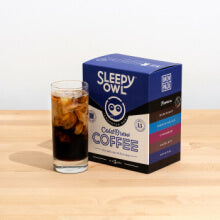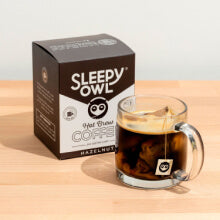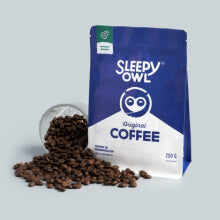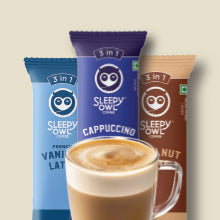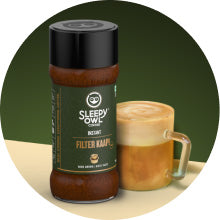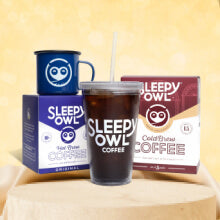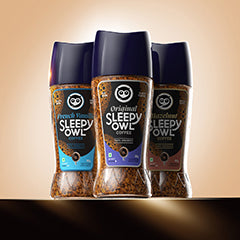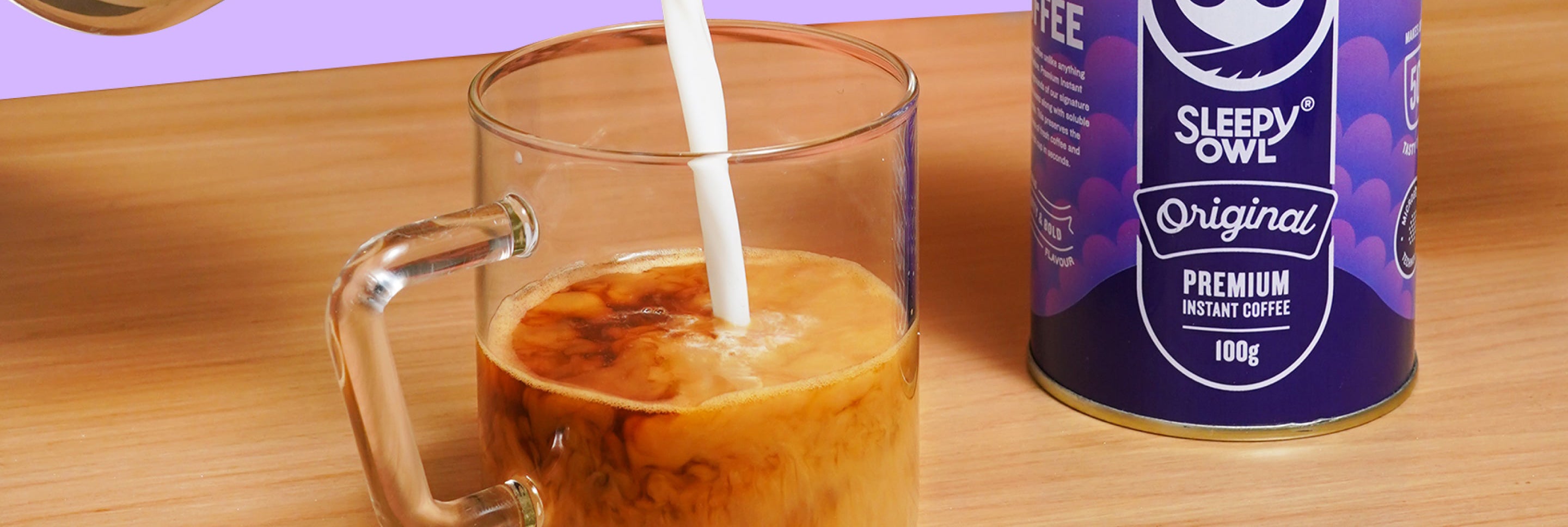
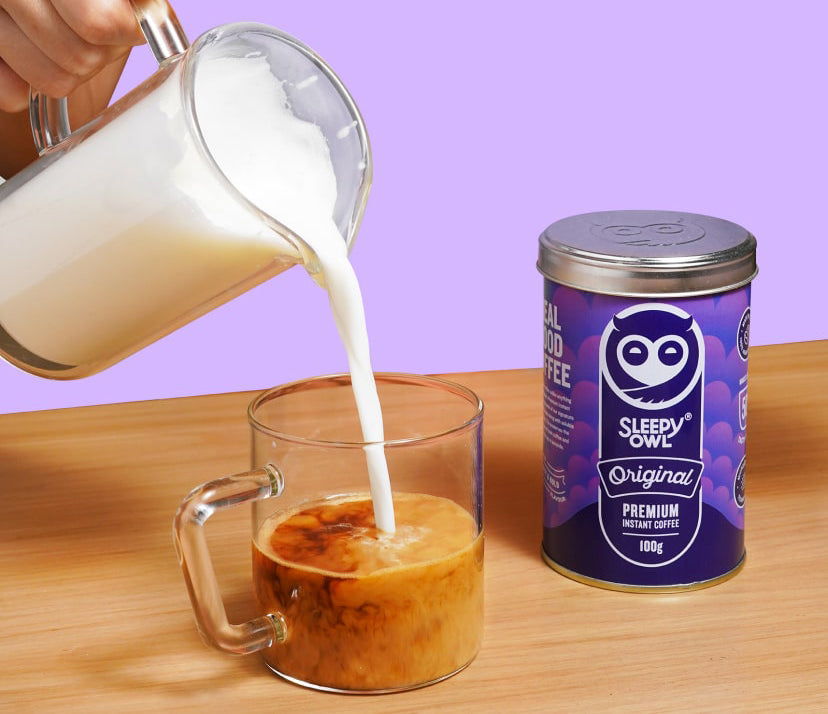
Coffee’s Nutritional Value: Facts, Calories, Vitamins & Minerals
Coffee is a beverage that is loved and consumed world over. People start their day with coffee, it’s their morning motivation, an energy boost and so much more. It's safe to say that coffee has become part of many peoples’ staple diet. But coffee isn’t simply a morning drink or a lifestyle choice, it has nutritional values that make it a good addition to your routine. When consumed in regulated amounts, coffee is healthy because there are many benefits to having coffee and we have scientific research to back it all up. These facts might not affect most peoples’ habit of consuming coffee, but it’s good to know about them.
So why don’t you make yourself a cup of your favourite coffee before we get into this insightful journey on stating the nutritional facts on coffee. There’s something poetic about drinking coffee while reading about it, isn’t it?
There are certain factors that affect the nutritional values in coffee and so the benefits of coffee vary. Let’s talk about some of these factors.
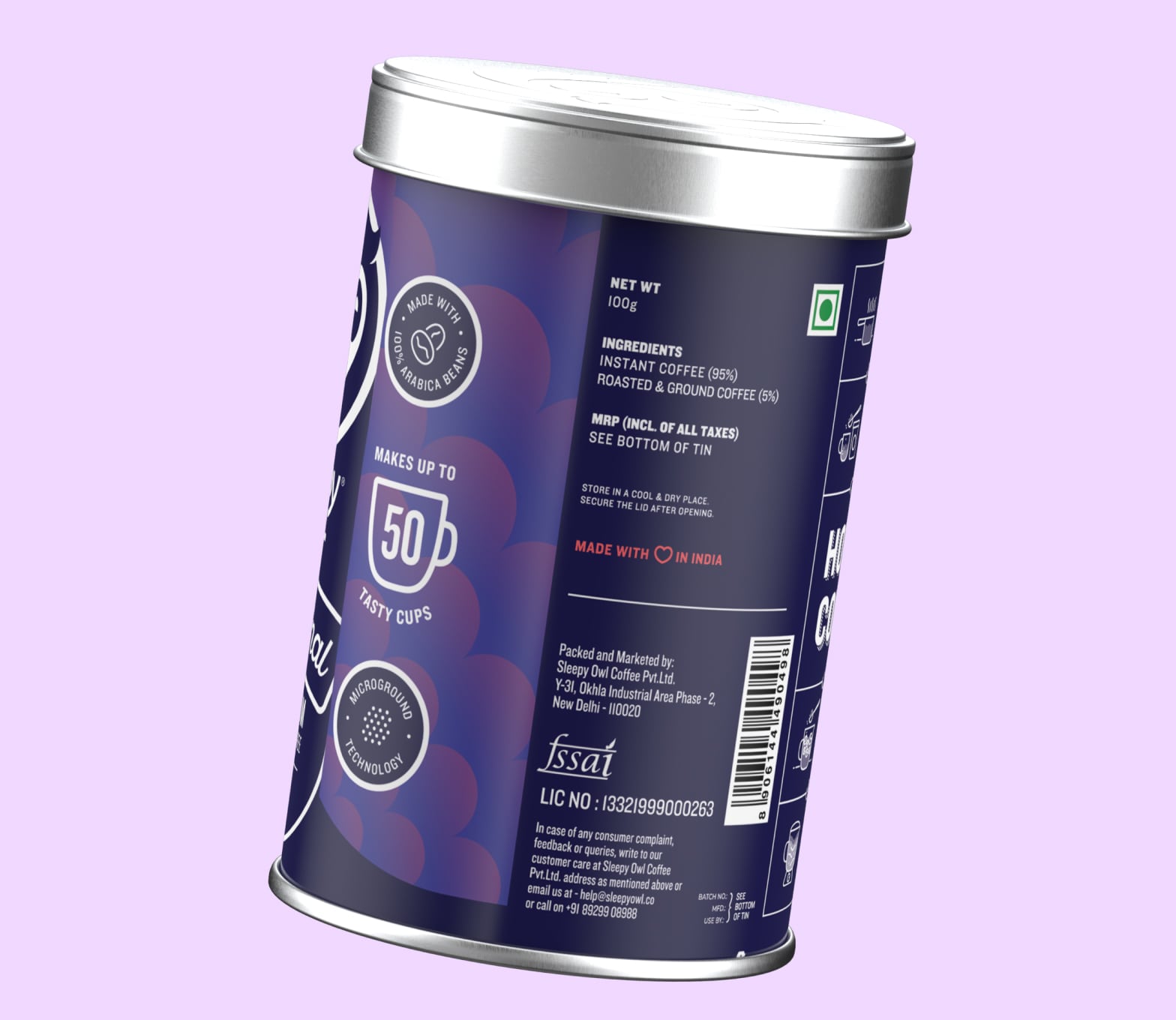
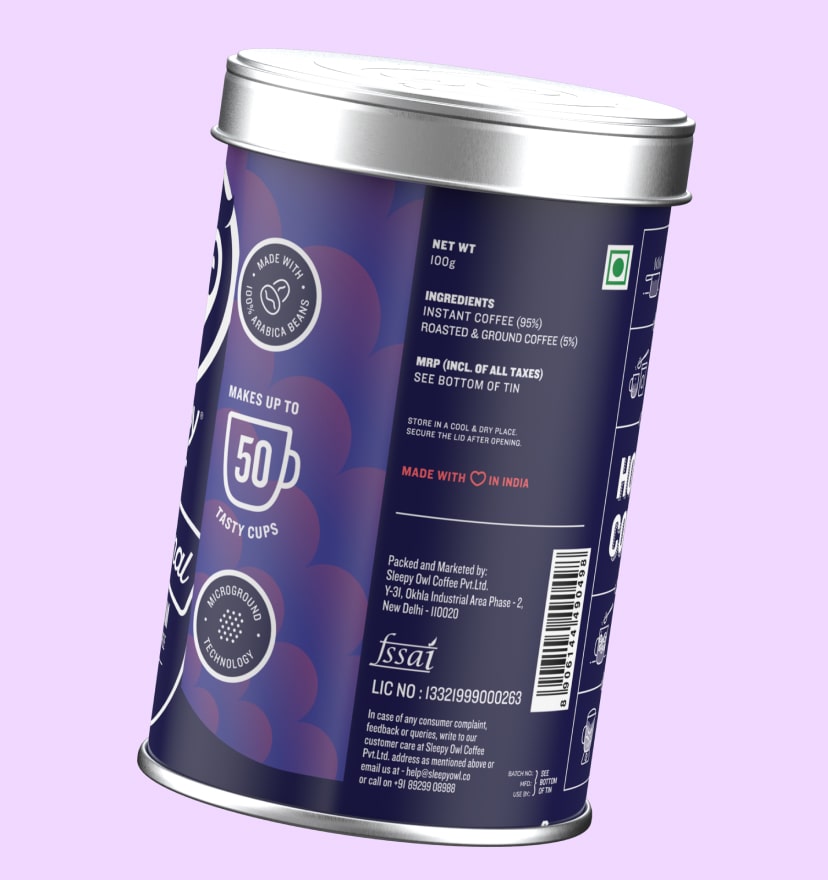
Now, there are many different types of coffee in the world today - ground coffee, instant coffee, French press coffee, Irish coffee, flavoured coffee and so on. The changing times have given us more coffee options and more ways to consume this popular drink. Each of these types of coffee bring their own coffee nutrients, calories, health benefits and even caffeine content.
It’s different when coffee is consumed black, with milk, with sugar or other sweeteners, in a flavoured version and so on. All of these additional factors affect the overall nutritional value of coffee. The size of your coffee cup also determines the nutritional value and the coffee calories that you’re consuming.
The coffee nutrients can also vary in relation to where the coffee comes from - the growing conditions, how it’s processed, the blend composition, to name a few.
When we talk about coffee being healthy or not, it also depends on what your definition of healthy is, what you consider to be a healthy lifestyle. Because when you have a plain black cup of coffee, you’re essentially having a deliciously satisfying beverage that is not only low in calories but also carbs and fat - which is generally considered healthy. But for some people their daily milk intake comes from drinking coffee with milk.
Black coffee is the purest way to consume coffee. It’s the best way to truly taste the authentic flavour of the coffee beans, and get all its nutrients. That is when you don’t add sugar to it. Black coffee has a few micronutrients including vitamins and minerals like potassium, magnesium, manganese, phosphorus, niacin and some more. It has low sodium as well. All pluses so far!
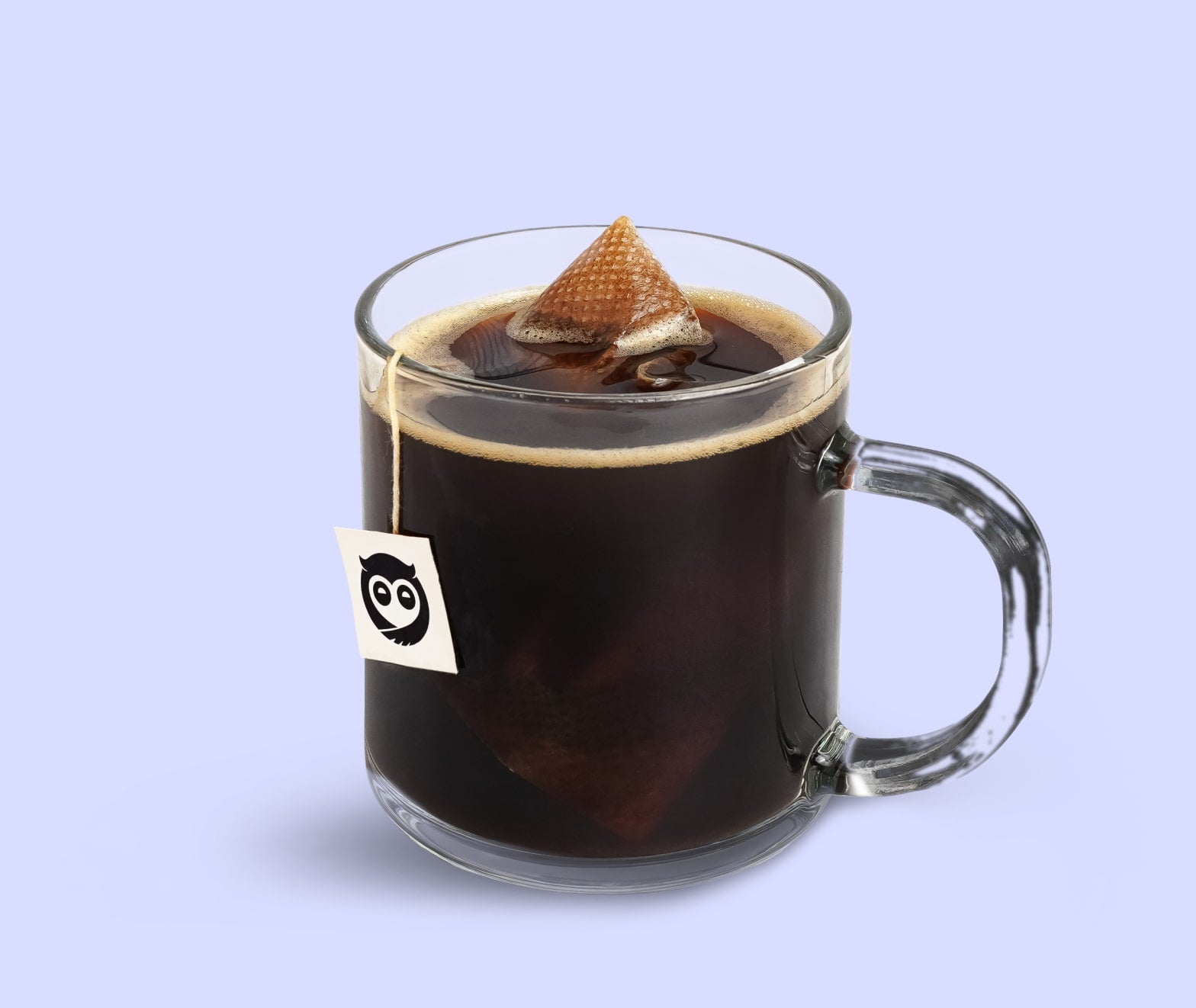

Black coffee is approximately 95% water and some research claims that, when had in moderation, black coffee in fact does not lead to dehydration but can actually contribute towards your daily fluid intake and requirements.
One cup of pure black coffee (without sugar) is said to have only 2.4 calories in it and zero fat and carbohydrates. The amount of fat and carbohydrates can change when you add sweeteners and milk to the drink. When it comes to protein, a single cup of plain black coffee has only a minimal amount of it but it can always be increased by adding milk or alternatives of milk. There are many ways of making and having black coffee - French press, instant coffee, cold brew, hot brew, to name a few. Quick plug in - we have them all!
Coffee on the whole has many health benefits according to research done over the years. Here are some coffee facts that will make you love coffee even more than you do now:
- It can help with weight loss.
- It can help with heart related concerns.
- It can help with Type 2 Diabetes.
- It’s rich in antioxidants.
- It has been linked to lowering the risk of depression.
- It boosts your energy levels significantly.
- It can support your brain health.
- It may increase your lifespan.
Although it’s important to note that no matter how tempting these coffee facts might be, nothing is good when it’s consumed in excessive amounts. Because coffee is so popular worldwide, researchers have spent a lot of time studying these benefits in depth and even though these positive results have been found, everyone’s body is different and reacts differently. Coffee, especially black coffee, is a healthy drink to add to your daily diet but it can’t be consumed by everyone. Children, teenagers, pregnant and breastfeeding women, as well as people with some serious health conditions are not recommended to have coffee. But on a brighter note, 2-3 cups of coffee a day is considered to be safe for most adults. Addiction to coffee should be a happy feeling, not a concerning problem.
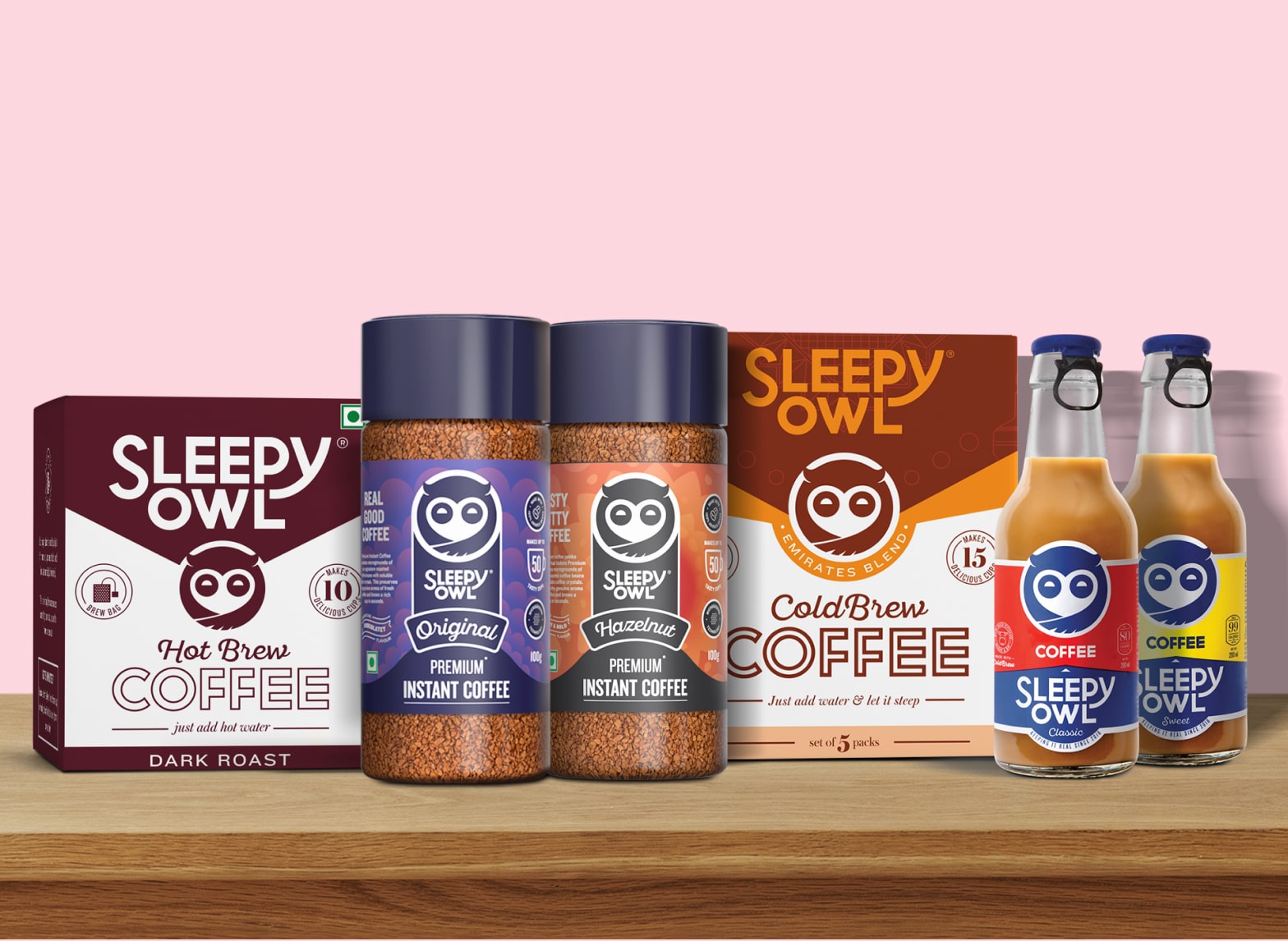
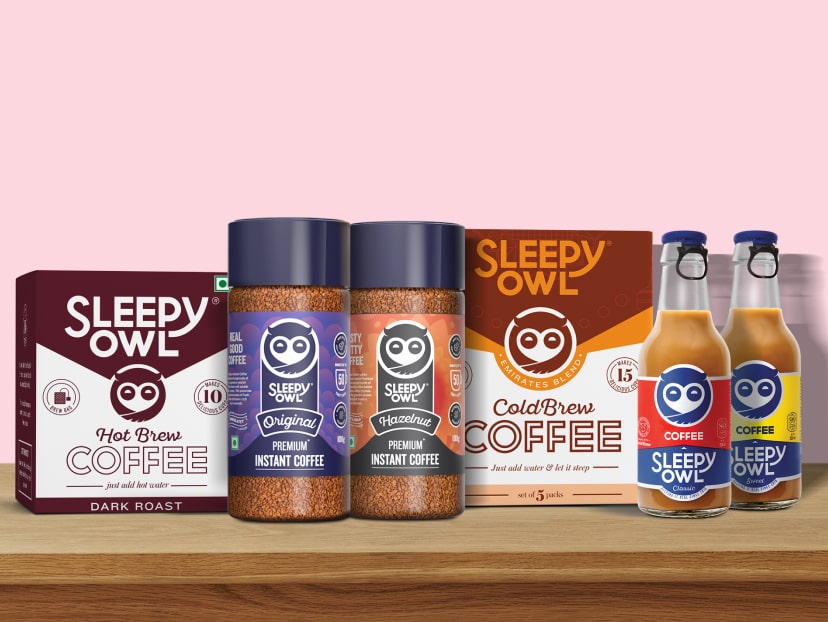
Sleepy Owl as a brand believes in the magic of coffee and aims to provide you with only the best coffee. We want you to be able to have your favourite type of coffee at home, without any hassle. We have hand picked our grade A coffee beans from plantations in South India, giving quality and taste the utmost importance.
Whether it’s our Ground Coffee beans (which come in different grind sizes), our Hot Brew and Cold Brew coffee, our Premium Instant Coffee, Ready To Drink Cold Coffee and Iced Coffee - all of which come in a variety of flavours, we bring to you coffee that is delicious and easy to make.











